REFORMING BRAZIL’S FOOD SYSTEM FOR A NEW GREEN ECONOMY
By transitioning to a food system that is people- and planet-positive, Brazil can:
Reduce $300 billion annual hidden costs to the economy, environment and public health
Generate $70 billion worth of new business opportunities per year
Create up to 8 million new jobs by 2030
LONDON/SÃO PAULO, 22 OCTOBER 2021: Today, the Blended Finance Taskforce, with support from SYSTEMIQ and Partnerships for Forests (a UK government funded initiative) launched the new report “Better Food, Better Brazil” at a virtual event with Brazilian stakeholders. The report is a roadmap for how Brazil can use finance to transform the country’s food system to one that is both people- and planet-positive – helping drive economic growth, create jobs and feed a growing population whilst promoting more nutritious diets, improving local livelihoods, protecting nature and delivering on climate commitments.
Brazil is the world’s fourth-largest food producer, but its current agricultural success comes with a hidden cost of $300 billion each year. These costs are the outcome of a system where producers, investors, traders and the public sector optimize resources individually rather than collectively, causing environmental destruction, harming public health, and locking in rural poverty.
“As the financial and corporate sectors adopt more sustainable business strategies and commit to net-zero emissions, Brazil has the potential to be a global leader in nature-positive food. As a major producer, feeding 10% of the world’s population, Brazil can build a new green economy that is good for our society and protects our unique and rich biodiversity”, says Pedro Guimarães, Partner & Head of Latin America, at SYSTEMIQ.
Finance is a critical part of the transition and Brazil must mobilise $21 billion into regenerative business models. The report discusses eight nature-positive business models on the forest frontier, focusing on those that generate value from standing forests, sustainable intensification and forest restoration. The return on scaling these new businesses is more than three times the investment requirement, and could generate 8 million new jobs by 2030. The report identifies the barriers to transitioning that producers, investors and governments currently face, and highlights the solutions needed to overcome them. It sets out priority actions for key stakeholders across the Brazilian food system - outlining the systemic changes required to unlock capital and transform Brazil’s food system. No one sector can deliver on this agenda alone: it will require coordination across multiple stakeholders.
“Brazil can shift the food finance paradigm: creating $70 billion in new investment opportunities each year while tackling major hidden costs in the system. Brazil is already at the forefront of innovation: working to scale regenerative business models and developing sustainability-linked financial products and solutions. Building on the recommendations of “Better Food, Better Brazil”, the country can accelerate this innovation, becoming the global blueprint for how to finance the transition to a nature-positive economy”, says Katherine Stodulka, Director of the Blended Finance Taskforce & Director of Sustainable Finance at SYSTEMIQ.
“We need to minimise and redirect finance away from harmful agricultural practices, and scale and accelerate it towards those that are nature-positive. Investors and others in the financial system need to shift away from short term returns and work with providers of catalytic capital to reduce risk and uncertainty around new, regenerative business models. Policymakers need to complement private sector investment by strengthening the enabling environment, ensuring environmental regulation is properly enforced and deploying public capital to help aggregate and incentivise more sustainable practices”, says Rodrigo Quintana, Manager, at SYSTEMIQ Brazil & Latin America.
“We need to transition away from our current food system. As a key actor in the global food system, Brazil can be a catalyst for such a transformation. The ‘Better Food, Better Brazil’ report – with its specific on-the-ground recommendations - is a great example of how the framework outlined in FOLU’s ‘Growing Better’ report can be tailored to the country level” says Morgan Gillespy, Director at the Food and Land Use Coalition, UN Food Systems Summit Finance Lever secretariat.
“Partnerships for Forests (P4F) supports business opportunities and investment models in which the private sector, the public sector and local communities can achieve greater returns from either preserving or restoring forests. In Brazil, our work has special focus on agricultural value-chains, which are the main drivers of deforestation. Our experience shows that collaborative action and strong partnerships are key to catalyse investments in those models. The ‘Better Food, Better Brazil’ report showcases some of the successful arrangements that have been supported by P4F in the country, strengthening the potential of scaling and replication of those models”, says Felipe Faria, Latin America Regional Manager at Partnerships for Forests.
João Pacifico, CEO of the Gaia Foundation, says “‘Better Food, Better Brazil’ is not only educational, but shows the specific actions required from financiers like me to overcome the existing barriers towards scaling nature-positive business models.”
Agriculture and food systems are key to global climate action. Brazil has the opportunity to be at the forefront of the global transformation to a food system that is regenerative, adaptive, and climate resilient.
Read the report at: https://www.blendedfinance.earth/better-food-better-brazil

